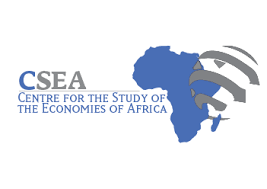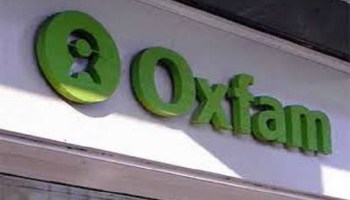Economists at Centre for the Study of Economies of Africa (CSEA), a leading economic research and consulting services firm with special focus on trends in Sub-Saharan Africa’s (SSA’s) economies, have canvassed some fiscal and monetary policy measures for the Federal Government to implement in order to halt the dwindling foreign reserves of the country.
The researchers, in the firm’s just published ‘Nigeria Economic Update Issue 42’ report circulated to our correspondent on Monday, noted that latest data from the Central Bank of Nigeria (CBN) showed that foreign reserves dropped to US$33.23 billion in September 2023, indicating an 11.13 percent decrease on a year-on-year basis from US$37.39 billion recorded in the same month of the previous year and a 2.12 percent decrease on a monthly basis from US$33.95 billion recorded in the preceding month of August 2023.
The report attributed the decrease in external reserves primarily to low oil production and limited growth in non-oil export. A decrease in external reserves can trigger currency depreciation, which can drive up inflation rates due to increased import costs.
Furthermore, the experts noted that declining external reserves might reduce import capacity and make foreign investors more concerned about their ability to repatriate their funds.
In view of the worrisome development, the CSEA experts maintained that it had become critical for the government to address the dwindling foreign reserves by investing in manufacturing and agriculture to diversify export earnings from oil income.
The researchers recalled that in Q2 2023, crude oil accounted for about 80% of Nigeria’s total exports and canvassed the need to enhance the management of the oil sector and address problems like pipeline vandalism and oil theft. Nigeria’s output level is below the OPEC quota.
This is even as the experts advocated that: “The government should also enact responsible fiscal and monetary policies that stabilize foreign reserves and encourage non-oil exports to strengthen the trade balance and create additional foreign exchange. Low external reserves expose the currency to speculative attack.
“Hence, there is a need for the government to work with different stakeholders to improve crude oil production and support domestic firms to increase production for both the domestic economy and exports”, the CSEA analysts added.




